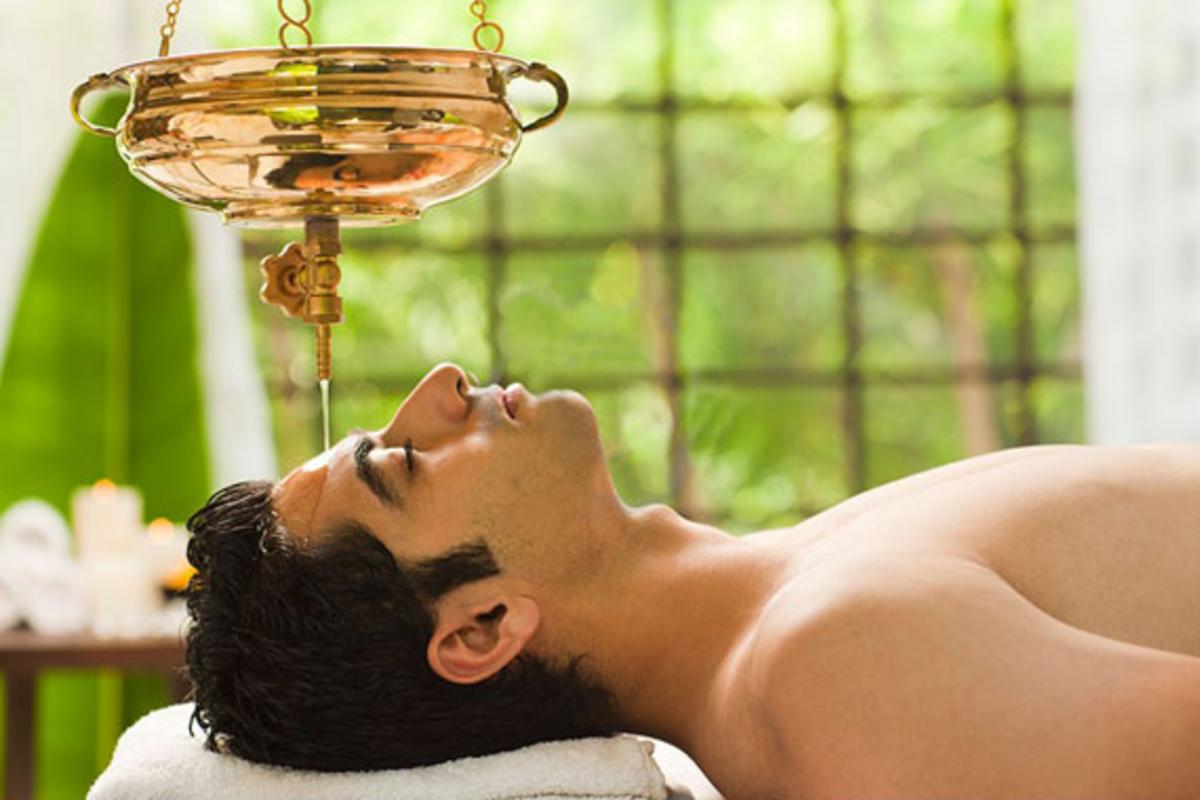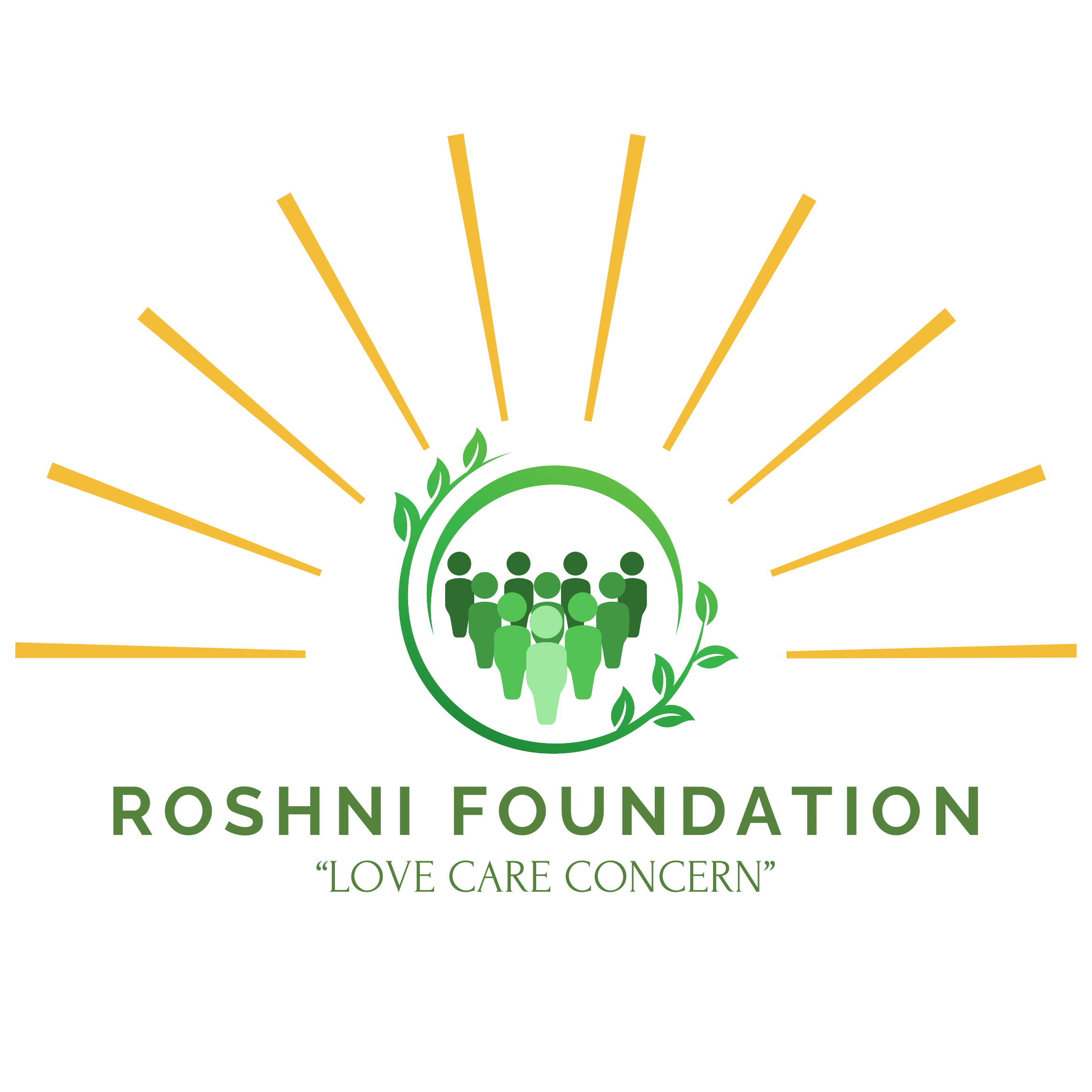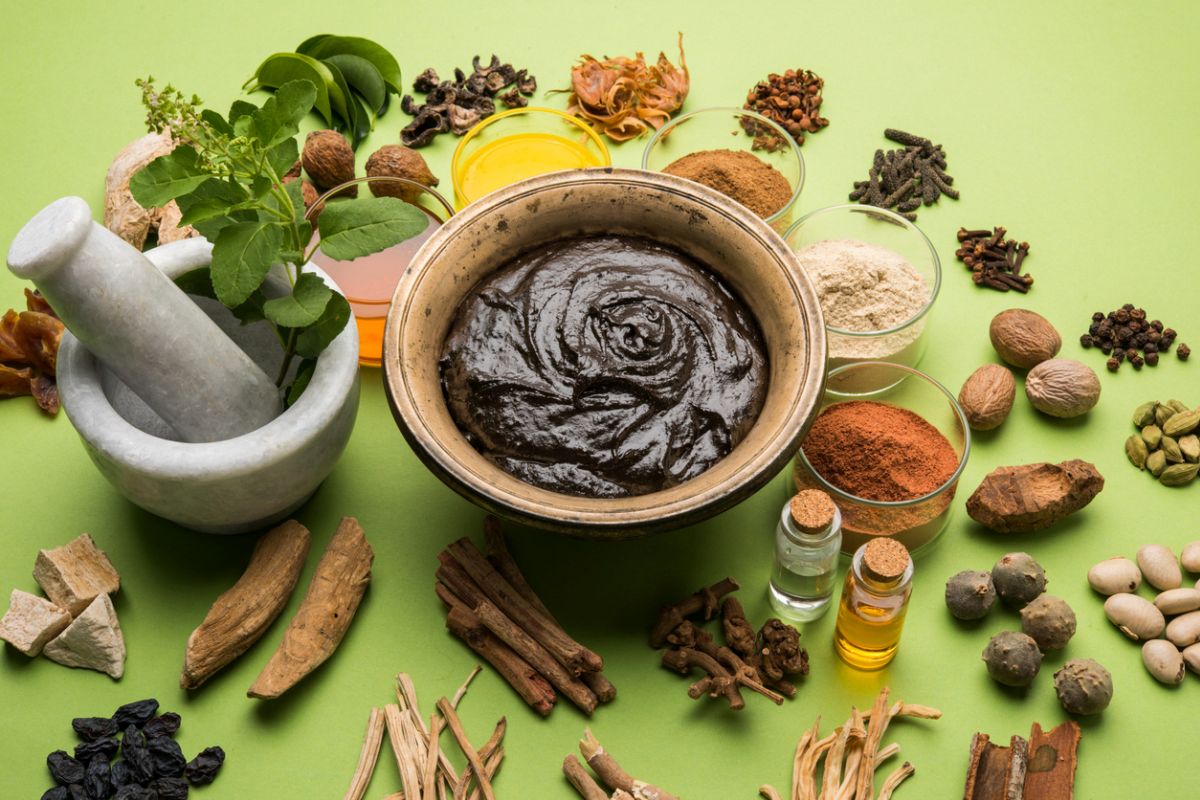In the evolving landscape of addiction recovery, ancient healing systems are regaining the attention they deserve. Among them, Ayurveda—a 5,000-year-old Indian holistic healing practice—is being embraced as a supportive and effective method for treating substance abuse. In 2025, ayurvedic treatment for alcohol addiction is gaining renewed momentum as individuals seek natural, personalised, and sustainable solutions to overcome dependency. At Roshni Foundation, we integrate traditional Ayurvedic principles with modern rehabilitation approaches to offer a holistic path toward recovery.
Why Choose Ayurveda for Alcohol Addiction?
Conventional addiction treatments often rely heavily on medication and behavioural therapy. While these methods are essential, they may not address the deeper imbalances within the body, mind, and spirit that lead to addiction in the first place. This is where ayurvedic treatment for alcohol addiction offers a unique and complementary approach.
Ayurveda treats addiction as a disorder of the doshas—Vata, Pitta, and Kapha—and aims to restore harmony in these energies. According to Ayurvedic philosophy, substance abuse creates an imbalance in the body’s natural constitution, causing physical and emotional disturbances. Through a combination of detoxification, herbal medicine, diet, meditation, and lifestyle adjustments, Ayurveda works to correct this imbalance and heal from within.
For those seeking a more organic and customised recovery plan, this natural treatment method has become a powerful ally in 2025.
Core Principles of Ayurvedic Treatment for Alcohol Addiction
1. Detoxification (Shodhana): The process begins with a deep detox using Panchakarma, an Ayurvedic purification therapy. Panchakarma includes procedures like Virechana (purgation), Basti (medicated enemas), and Nasya (nasal cleansing) to eliminate toxins accumulated due to alcohol abuse. This phase is essential in ayurvedic treatment for alcohol addiction as it prepares the body for regeneration and balance.
2. Herbal Medicines (Rasayana & Medhya Rasayanas): Herbs such as Ashwagandha, Brahmi, Shankhpushpi, and Guduchi are known for their rejuvenating and anti-anxiety effects. They support brain function, reduce cravings, and stabilise the nervous system. These herbs are prescribed based on an individual’s doshic imbalance.
3. Diet and Nutrition (Pathya-Apathya): Food is central to healing in Ayurveda. A nourishing, dosha-specific diet is recommended to strengthen digestion (Agni) and promote clarity of mind. Sattvic foods—such as fruits, vegetables, whole grains, and herbal teas—are key components of ayurvedic treatment for alcohol addiction.
4. Yoga and Meditation: Daily practices like Pranayama (breathing exercises), Dhyana (meditation), and gentle yoga help calm the mind, reduce stress, and improve emotional regulation, an essential part of addiction recovery.
5. Behavioural and Lifestyle Modifications (Dinacharya & Ritucharya): Ayurveda emphasises the importance of routines and seasonal adjustments. Regular sleep, eating habits, and mindful practices help create a stable internal environment, promoting long-term sobriety.
The Relevance of Ayurveda in 2025
In 2025, with rising interest in integrative health and personalised care, Ayurveda is not only more accepted but often recommended alongside allopathic treatments. Institutions and rehab centres are increasingly offering blended recovery programs that include ayurvedic treatment for alcohol addiction to provide a more holistic experience.
Furthermore, advancements in herbal research and standardisation of Ayurvedic formulations have increased the safety and credibility of this traditional system in addiction care. Recognised globally, Ayurveda has been included by the World Health Organisation (WHO) as a traditional medicine system.
Ayurvedic vs. Modern Rehab: Can They Co-Exist?
Absolutely. Ayurvedic treatment for alcohol addiction does not aim to replace modern rehab methods—it enhances them. A person undergoing conventional therapy can also follow Ayurvedic practices for detox, stress relief, and emotional balance. This integrative approach boosts overall outcomes by supporting mental health, reducing relapse risk, and improving physical vitality.
At Roshni Foundation, our recovery plans are designed to accommodate Ayurvedic therapies as part of a broader care strategy. As one of the centres committed to innovation in addiction recovery, we ensure our clients benefit from both traditional wisdom and evidence-based medicine.

Who Can Benefit from Ayurvedic Addiction Treatment?
Ayurveda is especially effective for:
-
Individuals with mild to moderate alcohol dependency
-
Those seeking a natural and medication-free alternative
-
People recovering from relapse who need gentle physical and emotional support
-
Individuals struggling with anxiety, insomnia, or stress-related triggers
-
Anyone interested in holistic, long-term recovery strategies
Potential Limitations
While ayurvedic treatment for alcohol addiction is beneficial, it may not be suitable for everyone, especially individuals experiencing severe withdrawal symptoms or medical complications. In such cases, supervised medical detox is necessary before transitioning to Ayurvedic care.
Therefore, it’s essential to consult qualified professionals before beginning treatment. At Roshni Foundation, our approach ensures safety by evaluating each individual’s condition and crafting a personalised treatment roadmap.
Conclusion
The path to recovery doesn’t have to be confined to conventional medicine. In 2025, ayurvedic treatment for alcohol addiction offers a time-tested, natural, and deeply personalised method to begin the journey toward a sober and healthier life. By focusing on mind-body harmony, Ayurveda not only addresses the symptoms of addiction but its root causes.
At Roshni Foundation, we are proud to be at the forefront of integrative addiction care. Our blend of ancient wisdom and modern expertise offers clients a unique, nurturing environment for lasting recovery. For those seeking a gentle yet powerful way to heal, Ayurveda is more than just an option—it’s a transformative choice.

